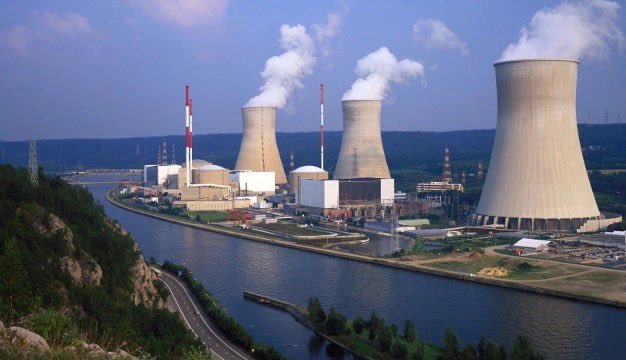On May 15, Belgium officially repealed its 2003 law mandating a gradual phase-out of nuclear energy. The new legislation not only cancels the plan to shut down all seven nuclear reactors by 2025 but also opens the door to the construction of new nuclear power plants in the future.
According to Energy Minister Mathieu Michel, nuclear energy meets three key criteria: it is reliable, economically manageable, and helps achieve climate targets due to its low carbon emissions.
This move reflects a broader trend within the European Union, where an increasing number of countries are re-evaluating their stance on civilian nuclear power amid geopolitical instability and continued reliance on gas imports.
There are around 100 nuclear reactors operating across 12 EU member states, and nearly a quarter of the Union’s electricity is generated by nuclear power. In addition to Belgium, several other countries are showing renewed interest in nuclear energy:
Germany: After closing its last nuclear plant in 2023, Chancellor Friedrich Merz stated during his campaign that a return to nuclear energy might be considered. However, he later admitted that such a move is unlikely given the current composition of the coalition government.
Italy: Having phased out nuclear power in the 1980s, Prime Minister Giorgia Meloni’s government is aiming to bring it back by 2030.
Poland: Is actively pursuing the development of its first nuclear power plant, with the first reactor scheduled to be operational by 2033.
Denmark: On the same day as Belgium, Copenhagen also repealed its ban on nuclear energy.
Sweden: Has announced plans to strengthen its nuclear industry.
Spain: Following a large-scale blackout in April, public and political pressure has increased on the government to reconsider its nuclear phase-out policy.




